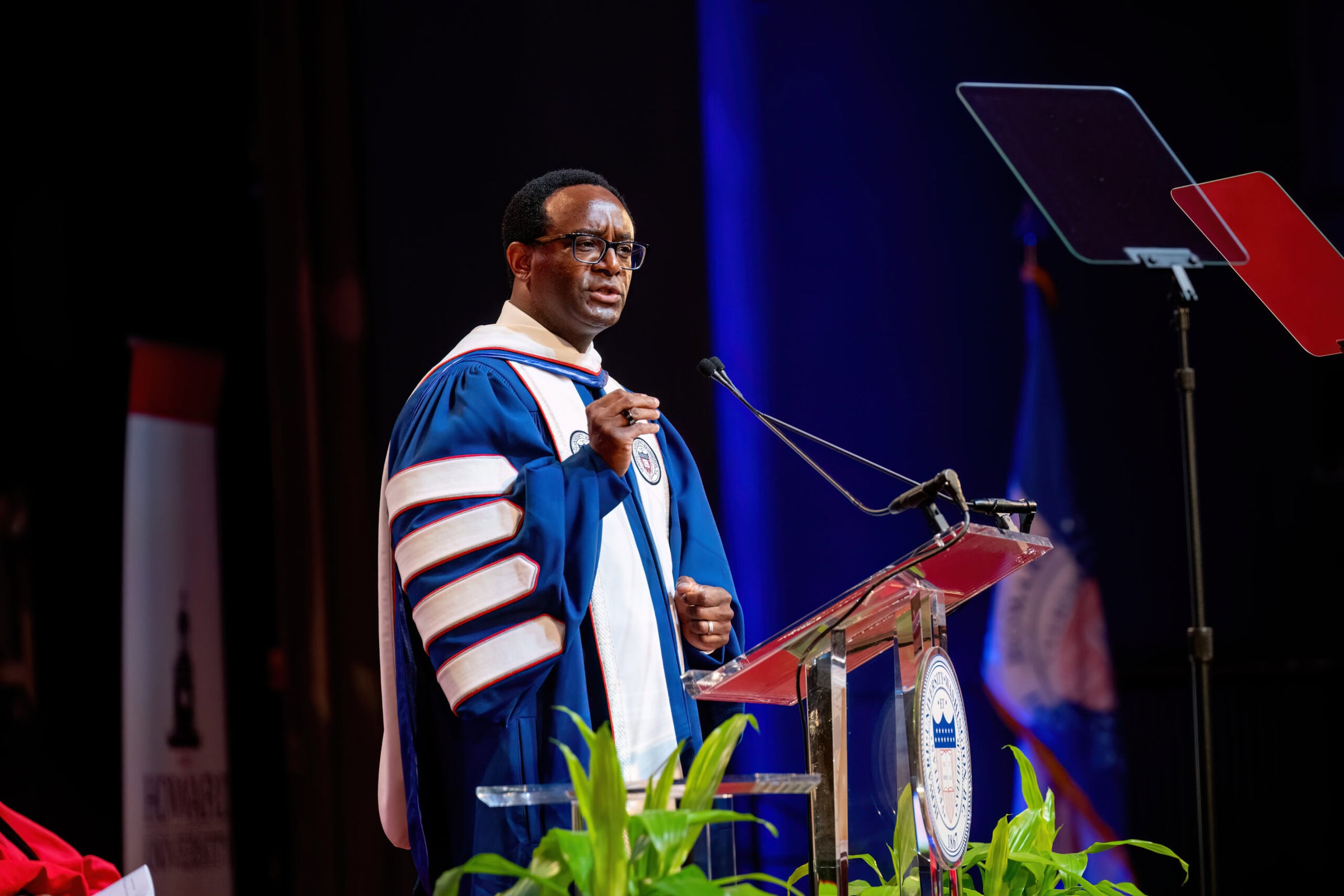Europeanists—in the United States—worry about the future of their field. The rise of “the world” as a unit of analysis; increasing American policy interests in the Middle East, Africa, Asia, and Latin America; and the changing ethnic makeup of the United States population have had their inevitable consequences for the history curriculum of most colleges and universities, not to mention K–12 schools. Many institutions now require their students to take world history rather than the history of Western civilization. Most history departments want to expand their offerings in “non-Western” areas, and they rarely do so at the expense of U.S. history, so there is only one other place to look, European history. As a result, the Renaissance and Reformation slots turn into general early modern Europe positions, and job descriptions begin to list two, three, or more European countries as possibilities rather than specifying German, French, or British. British history no longer constitutes a separate track; it has become part of Europe and faces the same pressures as French and German history. In short, Europeanists feel defensive.
Appearances can be deceiving. Although positions in “non-Western” histories have increased, they have not yet reached parity with European, much less American history. In 2000–01, according to data gathered by the AHA, 170 positions were listed for the history of Africa, Asia, Latin America, or the Middle East as compared to 220 in European history (including ancient history) and 297 in American history. At the moment, the “easiest” field in which to find a job is Asian history (0.62 PhDs available for every position listed), but the hardest is not European history; it’s American history (1.66 PhDs for every position—I have calculated the ratios from the data given in the figure). It is less difficult to find a position in European history (1.2 PhDs per job) than in Latin American history (1.26 PhDs per job). The backlog of job aspirants makes these figures seem overly optimistic, of course, and the backlog is no doubt greatest in American history since it produces so many more PhDs (494 in 1999–2000 as compared to 266 in European history and 145 in non-Western fields; I have excluded the 9 PhDs described as “world”). Although these figures concern only the present and not long-term trends, the “decline” of European history seems far from established.
The world or global emphasis is here to stay, and it is for the most part a good thing for history, even European history. Historians of Great Britain and France, in particular, have developed new interests in the colonial and imperial dimensions of their histories. Although this can no doubt be explained as a response to outside pressures (globalization, changing demography of students, and so on), it also makes for better, more accurate, history. Look at any general history of the French Revolution published before the late 1990s and you will find very little on the French colonies, despite their enormous importance to the French economy, despite the impassioned debates in the various revolutionary assemblies on the rights of free blacks and the abolition of slavery (decreed in 1794), despite the first successful slave insurrection in the world, which began in 1791 in the richest French colony, Saint Domingue (later Haiti). The general histories that gave one sentence to the colonies distorted French history and misrepresented the concerns of 18th-century French people. Similarly, authors of Western civilization textbooks (I am one) routinely neglected or understated the influence of Muslims, especially Arabs and Turks, on European politics and culture. The areas of Europe most directly affected by Islam—Spain, southern Italy, and the Balkans—hardly ever figured, except in times of exceptional crisis (such as the Spanish Civil War), in the general narrative of “Western” history after 1500. The Ottoman Empire is no doubt still remembered by most Europeanists as “the sick man of Europe,” an inevitably doomed political unit because it did not conform to the Western model of the nation-state. The textbook treatment of the Muslim world also changed in the 1990s and will no doubt change even more now because of recent events. The result will be a more accurate picture of the past.
European history was in fact hardly ever European. Although medievalists routinely cover more than one country and know three or more European languages, most specialists in European history from 1500 to the present focus on just one of the major nation-states. Because history was established as a discipline alongside and as part of the rise of nationalism, it has been deeply influenced by the national model. We still teach French, German, British, and more rarely Spanish or Italian history. European history is for introductory surveys, and outside of diplomatic and military history, rarely has been the subject of scholarly research. Our European history curriculum, in other words, is still dominated by American concerns that date to World War I and II (explaining “the German problem” and how France and Britain allied with the United States to overcome it). It might be time to rethink the rationale, even if students, at least at UCLA, still love to take courses in British, French, and German history. It should be noted, however, that the national model is hardly the unique penchant of Europeanists; although Africanists often teach a region-based history (West Africa, East Africa, southern Africa), many other specialists in non-Western history also research and teach national histories (China, Japan, Mexico, Brazil, for instance). We do live in a world of nations, however artificial, tenuous, or downright dangerous the concept sometimes seems.
Change can seem threatening, but it also offers opportunities. Take the rise of world history. Some of its pathbreaking pioneers began their careers in European history and for good reason. No narrative of world history can possibly ignore the impact of Europe post-1492. Interregional markets have their origins in many different places, but certainly significant ones are the European voyages of discovery or conquest and the impact of European industrialization and imperialism. Europeanists with training in colonialism and imperialism have as a consequence been competitive candidates for “world” history positions.
Indeed, some might complain that the world history enterprise is just the latest example of European domination. The idea of a world history has its roots in Hegel’s lectures on the philosophy of history, and in the past, world history sometimes seemed to justify the preeminence of the West in the modern world. (I hasten to add that it has transmuted into something very different.) Even the attacks on Eurocentrism have served to highlight the continuing significance of Europe. Edward Said’s denunciation of “orientalism” launched a whole new industry for Europeanists who sought to establish the history of changing European perceptions of other peoples. Dipesh Chakrabarty’s recent call for “provincializing Europe” (the subject of the plenary session of the upcoming annual meeting in Chicago) rested on a deep reading of European theorists from Hegel to Derrida. These developments have worried non-Western historians at least as much as Europeanists, but for different reasons; non-Western specialists fear that Europeanists will recolonize, this time by encroaching on African or Middle Eastern history, for example, and offering in their place the history of Europe’s involvement. Only French or English required. Similarly, historians of those countries in Europe less involved in overseas imperial projects might well find in recent trends a typical Franco-British end around; because they study the dominant imperial powers between 1750 and 1960, British and French historians can claim a kind of global reach that others cannot match for the modern period. Plus ça change, plus c’est la même chose.
In the end, these issues bring us to one of the most fundamental questions for all historians, whatever their specialty: what is history for? To create a sense of national identity or shared Western values? To prepare us for world citizenship or global markets? To lay bare the sources of modern policy problems? To my mind, these are all valid reasons for an interest in history, but such instrumental justifications should not crowd out less immediate gratifications; I rank just as high the humility that comes from recognizing your similarities to and differences from people in the past and even the sheer pleasure gained from attempting to recreate their experiences. Here the disparities between Europeanists, Americanists, and “non-Western” historians evaporate.


